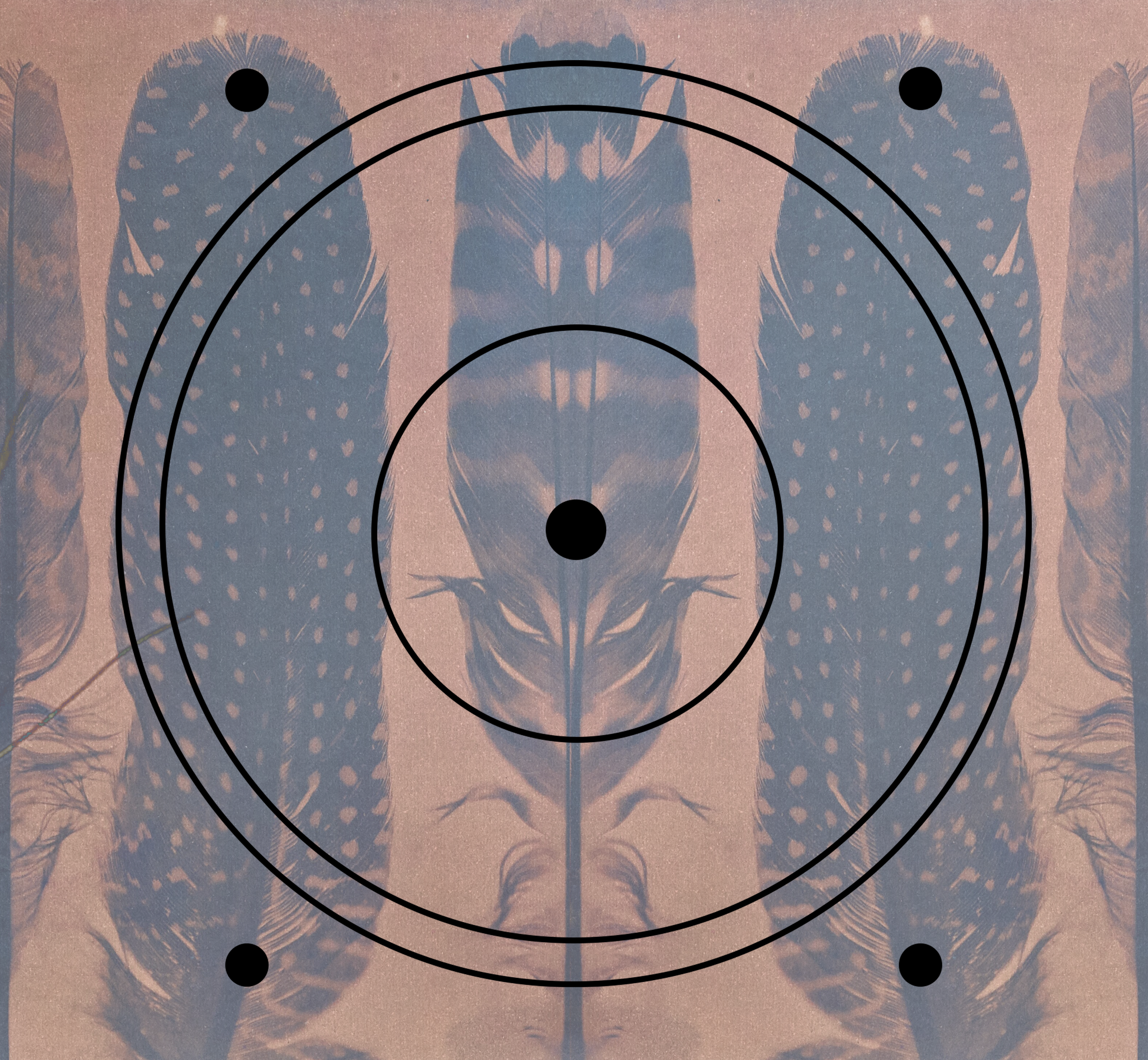
Approach
White Tiger Teachings is rooted in embodiment, creativity and deep presence. I guide clients into greater flow and connection with themselves, offering grounded support through thresholds of change and transformation.
My approach is intuitive, collaborative, and somatic. Together, we build a personalized toolkit for navigating altered states of consciousness—with or without medicine— rooted in insight and care. You can learn more about my formal training here.
I’m deeply committed to harm reduction, particularly within the evolving landscape of the psychedelic renaissance. My practice is:
Trauma-informed, LGBTQIA+ affirming and grounded in respect for each person’s lived experience.
Culturally conscious. As an Asian-American born in the U.S., growing up with immigrant parents, I’m deeply attuned to the nuances of the immigrant experience and the impact of religious or conservative upbringings against the push towards convention vs. sovereignty.
Clinically informed and experientially grounded. As someone who lost a parent during childhood, I am familiar with burdened upbringings and unprocessed childhood grief. I’ve been invested for decades in my own healing process, which informs and strengthens the depth of support I offer to others.
I offer an intentional environment for grief, growth and emotional resilience.
I support clients to integrate peak experiences and anchor transformation into daily life.

FAQs
Do I have to use plant medicine to work with you?
Absolutely not. I work with a wide range of people—from those who are completely new to expanded states of consciousness to those who’ve explored plant medicine or used compounds recreationally. I especially love guiding newcomers through their first steps into this kind of work.
Do you accept insurance?
Not at this time. I'm currently in training and working toward licensure, which means I can’t accept insurance . As guide and practitioner, I offer alternative paths to healing outside the clinical system.
Is it safe to micro-dose while taking pharmaceuticals?
The short answer: it’s generally less effective, and ideally, one should taper off prescription SSRIs—either gradually or in tandem with beginning a microdosing protocol, depending on medical guidance. That said, many people find microdosing to be a meaningful alternative to traditional medications for anxiety and depression. Always consult your prescribing physician before making any changes.
Are psychedelics legal?
Most psychedelics—such as psilocybin, ayahuasca, and LSD—remain illegal under U.S. federal law, although some cities and states have begun to decriminalize for therapeutic frameworks. Ketamine is a key exception: it’s FDA-approved for medical use, making it currently the most accessible option for psychedelic-assisted therapy. *While ketamine itself is not classified as a traditional psychedelic, it is increasingly inferred as one due to its mind-expanding and neuroplasticity-enhancing effects.


